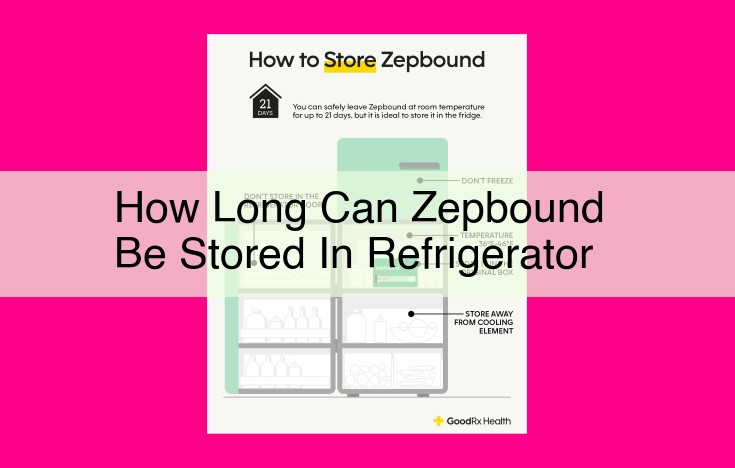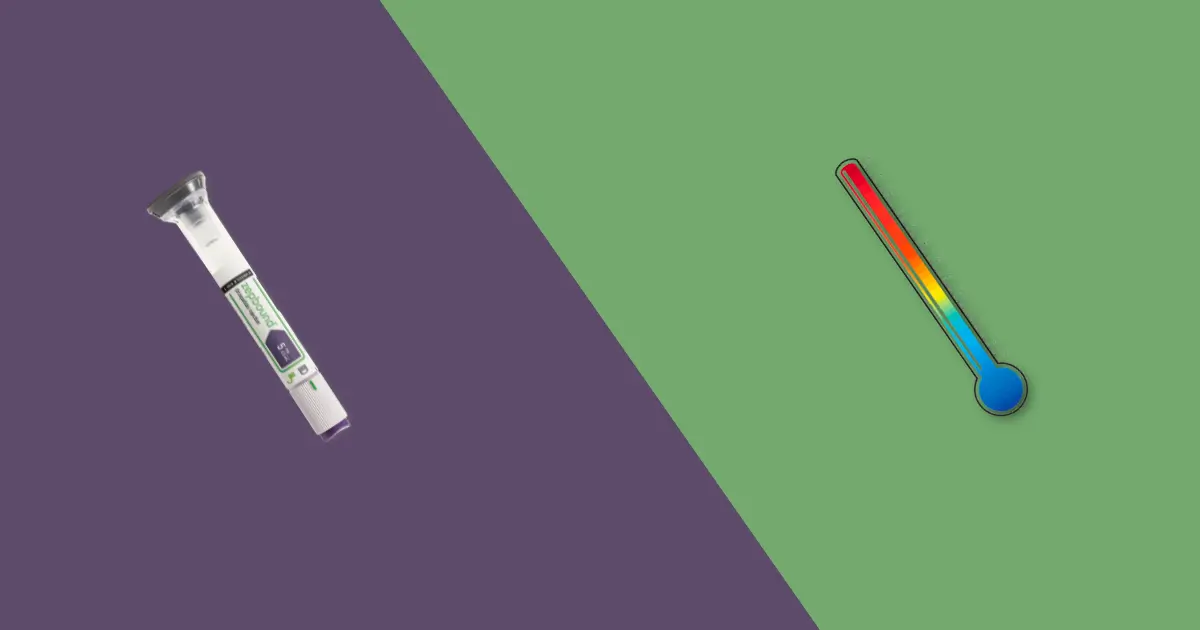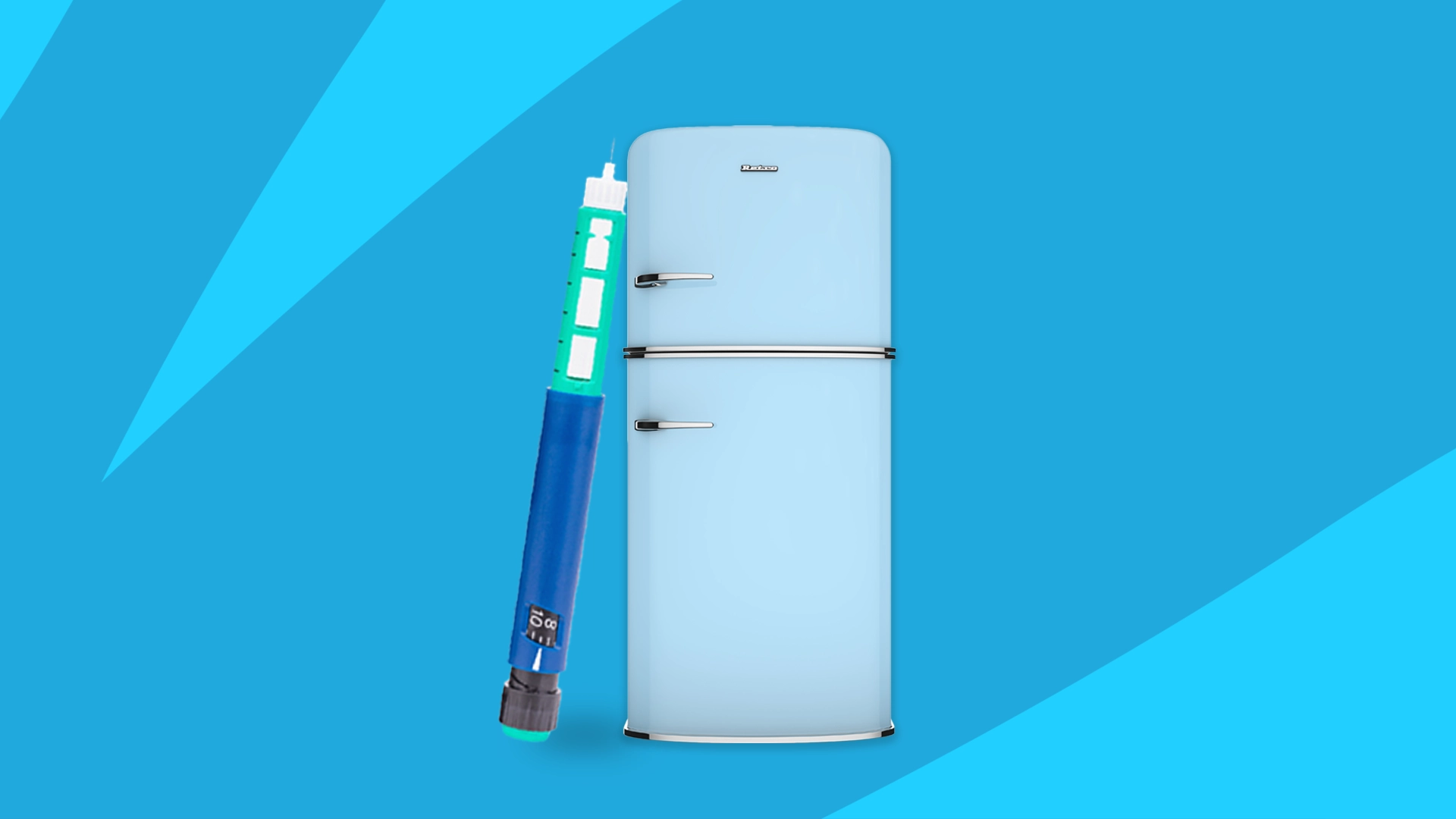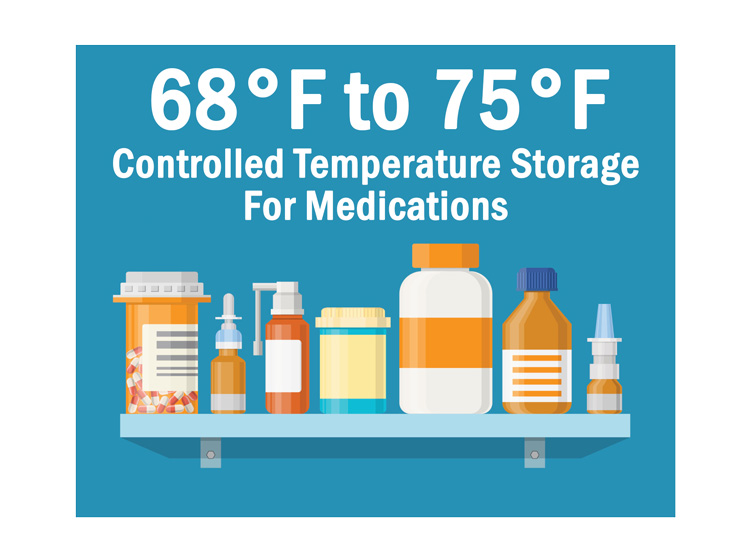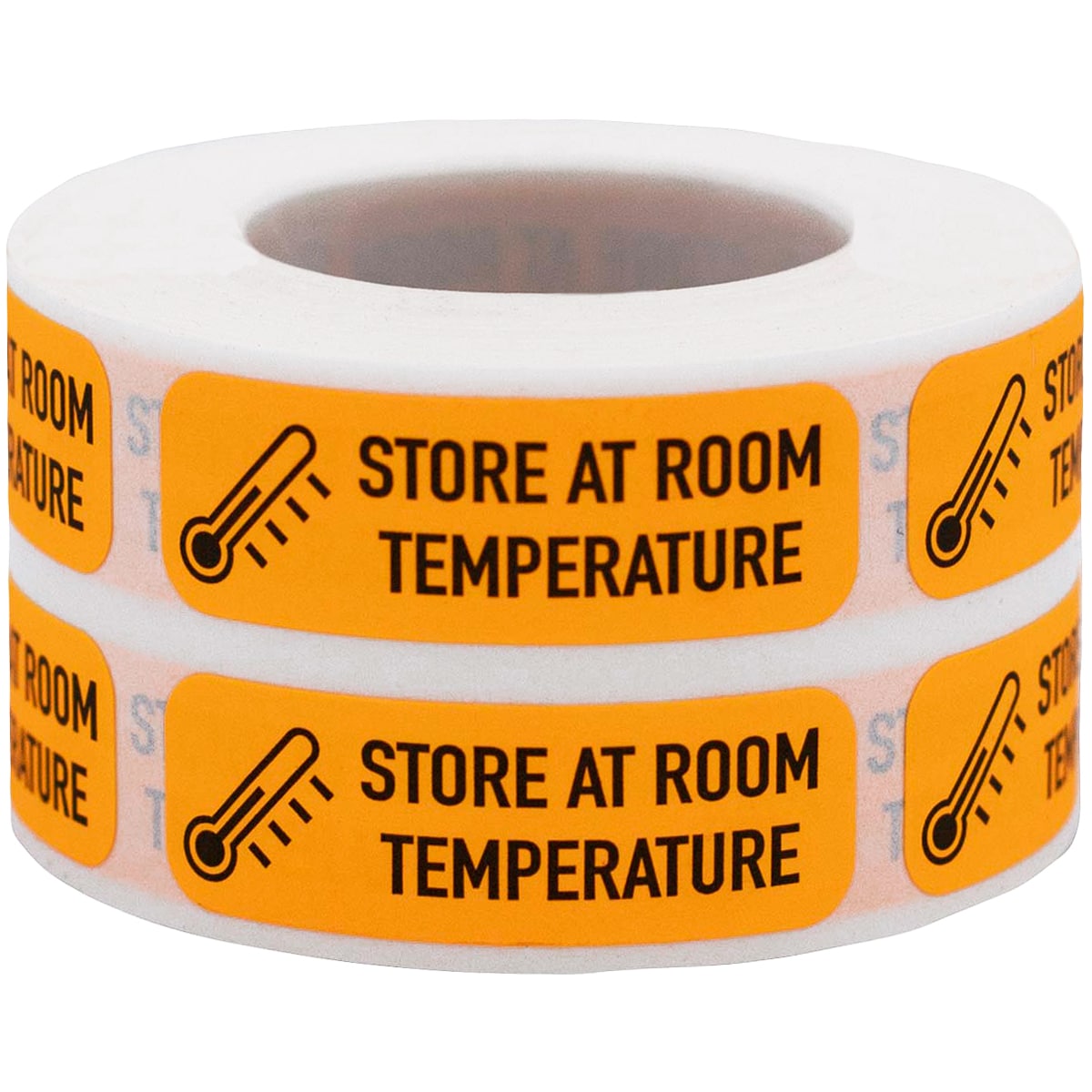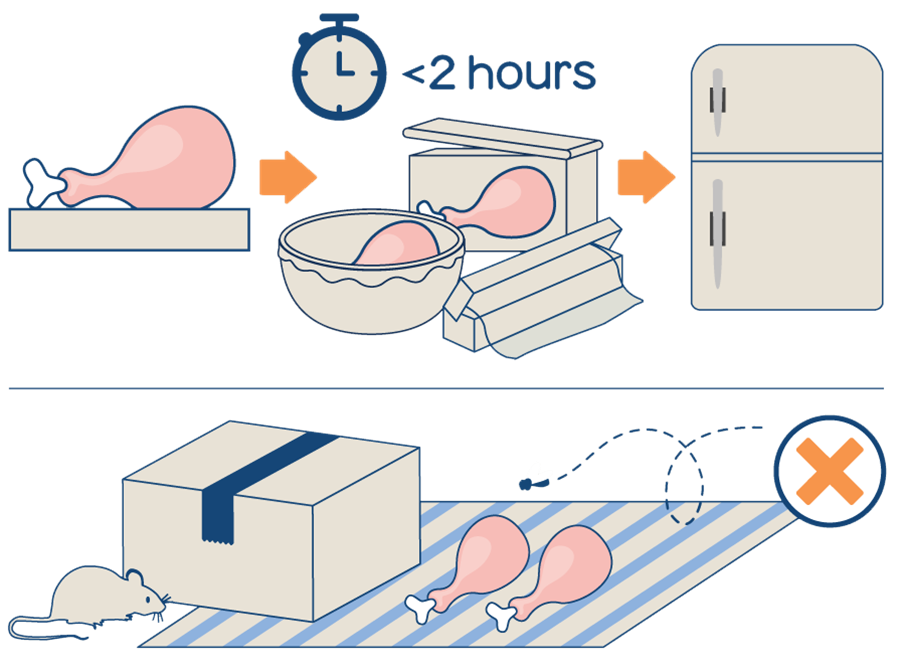Can Zepbound Be Stored At Room Temperature

Imagine reaching for your Zepbound pen, the promise of a healthier tomorrow nestled in its sleek design. But a nagging question lingers: Where's the best place to keep it? Is the fridge your only option, or can it sit comfortably at room temperature? The answer, like the journey to wellness, has a few nuances.
The bottom line is that Zepbound, like many injectable medications, has specific storage requirements. Incorrect storage can compromise its effectiveness. This article delves into the proper storage guidelines for Zepbound, clarifying whether room temperature storage is permissible, and for how long.
Understanding Zepbound and Its Sensitivity
Zepbound (tirzepatide) is a medication manufactured by Eli Lilly. It's designed to help individuals manage their weight alongside diet and exercise.
It is an injectable medication and therefore requires careful handling to maintain its integrity.
The Importance of Proper Storage
Medications like Zepbound contain complex molecules that can be sensitive to temperature fluctuations. Extreme heat or cold can degrade the active ingredient, rendering the medication less effective or even harmful.
Proper storage ensures that the medication delivers the intended therapeutic benefit.
Official Guidelines: What the Manufacturer Says
According to the official Zepbound product information provided by Eli Lilly, the recommended storage instructions are quite specific.
Zepbound should be stored in the refrigerator between 36°F to 46°F (2°C to 8°C) until first use. This is the primary storage condition to maximize its shelf life and potency.
Can Zepbound Be Stored at Room Temperature? The Limited Exception
While refrigeration is the primary storage method, there is a limited allowance for room temperature storage. This is where it gets important to read the fine print.
Zepbound can be stored unrefrigerated at room temperature up to 86°F (30°C) for no more than 21 days.
Once it has been stored at room temperature, it cannot be placed back in the refrigerator.
Why the 21-Day Limit?
The 21-day limit is based on stability studies conducted by Eli Lilly. These studies demonstrated that the medication's potency remains within acceptable limits for that duration at room temperature.
Beyond 21 days, the risk of degradation increases significantly, potentially reducing its effectiveness.
Practical Implications for Users
This room temperature storage allowance offers some flexibility for users. For example, if you are traveling, you can keep your Zepbound pen at room temperature for the duration of your trip, provided it is less than 21 days.
It also allows for a pen to be kept at room temperature for a few days before the injection to potentially reduce injection discomfort.
However, it requires careful tracking of the date when the pen was removed from the refrigerator to ensure it is used within the allowed timeframe. Mark the removal date clearly to avoid any confusion.
Best Practices for Zepbound Storage: Ensuring Efficacy and Safety
To ensure Zepbound remains effective and safe, follow these best practices:
- Refrigerate Upon Arrival: Upon receiving your Zepbound pens, immediately store them in the refrigerator (36°F to 46°F or 2°C to 8°C).
- Monitor Refrigerator Temperature: Use a refrigerator thermometer to ensure your refrigerator maintains the correct temperature range. Fluctuations can impact the medication's stability.
- Avoid Freezing: Freezing Zepbound can damage the medication. Do not store it in the freezer. If accidentally frozen, discard the pen.
- Protect from Light: Store the pens in their original packaging to protect them from light exposure. Light can also degrade the medication.
- Room Temperature Storage: If storing at room temperature, keep it below 86°F (30°C) and use within 21 days. Discard any unused medication after this period.
- Record Removal Date: When you take a pen out of the refrigerator for room temperature storage, clearly mark the date on the pen or its packaging.
- Travel Considerations: When traveling, plan accordingly. Use insulated cooler packs to maintain refrigeration if traveling for extended periods.
- Proper Disposal: Dispose of used or expired pens according to local regulations. Do not flush them down the toilet or throw them in the trash.
What to Do If You Suspect Improper Storage
If you suspect that your Zepbound pen has been stored improperly (e.g., exposed to extreme temperatures for an extended period), it's best to err on the side of caution.
Contact your pharmacist or healthcare provider for guidance. They can advise you on whether the medication is still safe to use.
Consulting Your Healthcare Provider: The Most Reliable Source of Information
While this article provides general guidance, the best source of information regarding your specific medical needs is your healthcare provider.
They can address any concerns you may have and tailor advice to your individual circumstances. Do not hesitate to seek clarification if you are unsure about any aspect of your Zepbound treatment.
Remember, taking control of your health involves informed decisions and consistent adherence to medical advice. Storing your Zepbound properly is a small but crucial step in maximizing its benefits and achieving your wellness goals.


